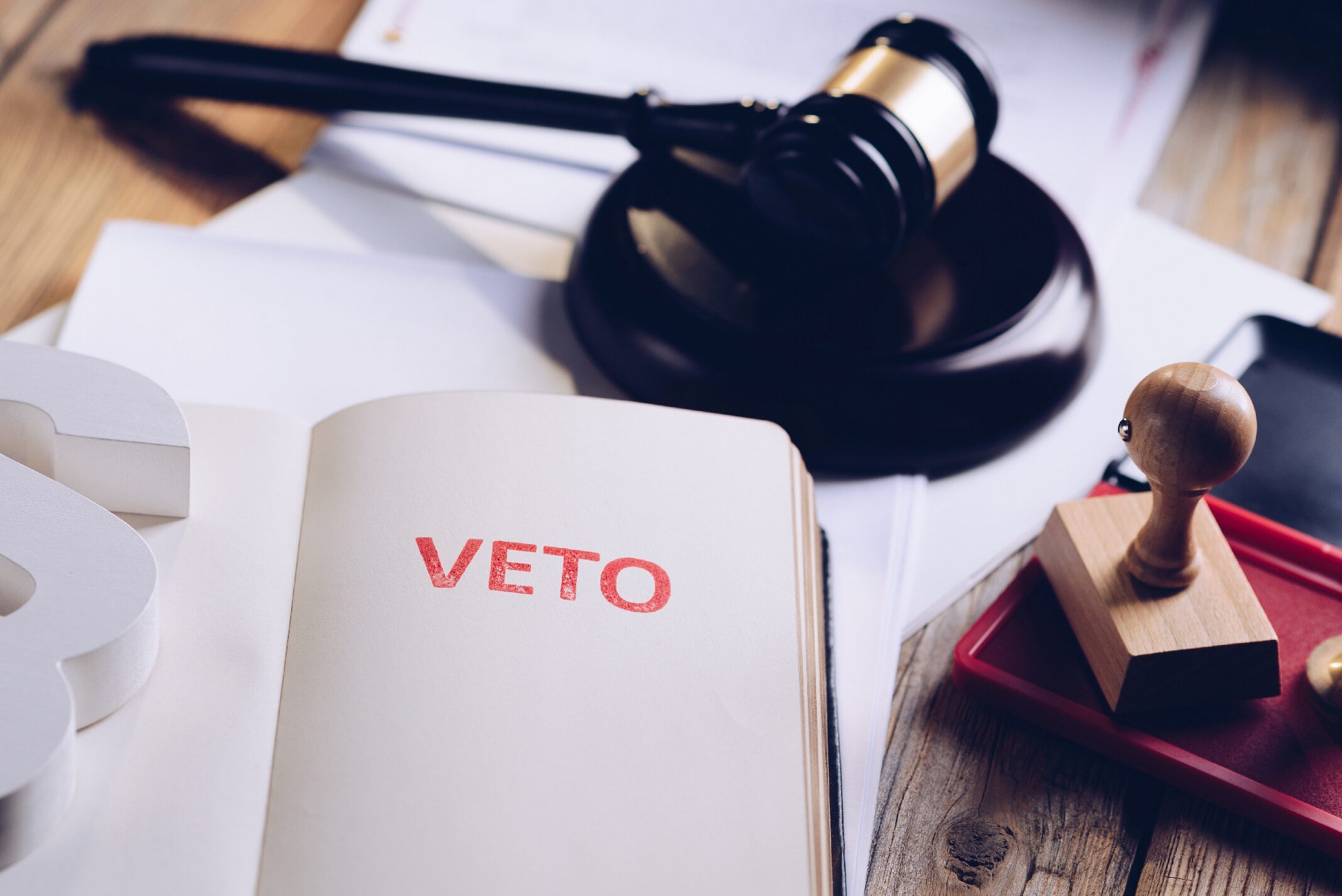Governor Hochul Vetoes Proposed Ban on Noncompete Agreements in New York State
By: Jill Kahn Marshall and Anna Beckelman
At the end of 2023, following a breakdown in attempts at compromise with the State Legislature, New York State Governor Kathy Hochul vetoed Senate Bill S3100A, which was passed by both houses of the State Legislature earlier this year, and would have implemented a ban on all noncompete agreements throughout New York State. While Governor Hochul has expressed support for limiting noncompete agreements for middle-class and low-wage workers, she stated in her veto message that a total ban was not appropriate for New York, given the diverse industries and number of high-earning employees in the state. The Governor and Senate Democrats apparently came close to reaching a deal on amendments to the legislation that would have satisfied the Governor, with Hochul’s team proposing that the ban apply only to workers earning under $250,000 annually, and the Senators coming down to a $300,000 threshold. The talks ultimately broke down, however, due to disagreement over how to measure employee compensation – in particular to what extent bonuses and stock options should be considered. While this point may sound like minutiae, it is an important question for the banks and technology companies at which many New York employees work, where the value of bonuses and equity awards may far exceed employees’ base compensation.
As discussed in our prior article on the proposed legislation, the ban would have applied regardless of the employee’s compensation or job function, and also did not contain a carve-out for the sale of a business. Even California, long known as an outlier for its ban on noncompetes, permits this sale of business exception. The proposal faced strong opposition from New York’s business community, which relies on these agreements to protect intellectual property and other confidential information and to retain clients when high-level employees depart. Governor Hochul indicated she is “open to future legislation that achieves the right balance” between protecting lower income workers and the business community’s ability to retain highly compensated employees. If revised legislation included such a threshold, New York would join the majority of states that have instituted noncompete bans in recent years.
The Governor’s veto is a departure from 2023’s trend against noncompetes, when the National Labor Relations Board declared such agreements a violation of the National Labor Relations Act, and the Federal Trade Commission proposed a nationwide ban on these agreements as well. While New York didn’t jump on the bandwagon in 2023 as some had predicted, employers and employees should keep watching this space, as revised legislation addressing the Governor’s concerns is highly likely to be proposed this year.
 This article is intended as a general discussion of these issues only and is not to be considered legal advice or relied upon. For more information, please contact RPJ Partner Jill Kahn Marshall, who counsels individuals and corporations in the areas of employment law, litigation and dispute resolution, and healthcare. Ms. Marshall is admitted to practice law in New York and Massachusetts, as well as the District Courts for Massachusetts and the Southern and Eastern Districts of New York.
This article is intended as a general discussion of these issues only and is not to be considered legal advice or relied upon. For more information, please contact RPJ Partner Jill Kahn Marshall, who counsels individuals and corporations in the areas of employment law, litigation and dispute resolution, and healthcare. Ms. Marshall is admitted to practice law in New York and Massachusetts, as well as the District Courts for Massachusetts and the Southern and Eastern Districts of New York.

